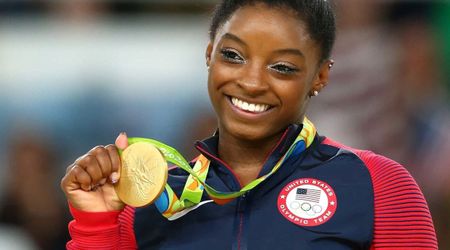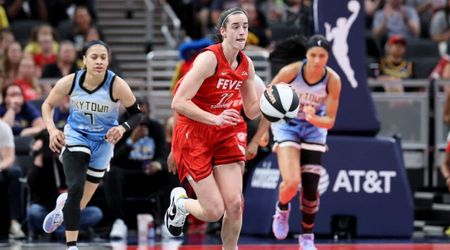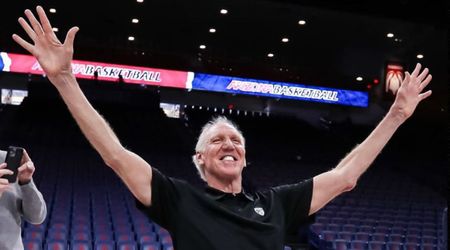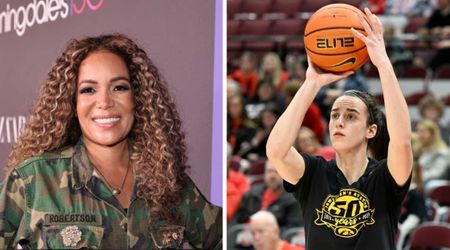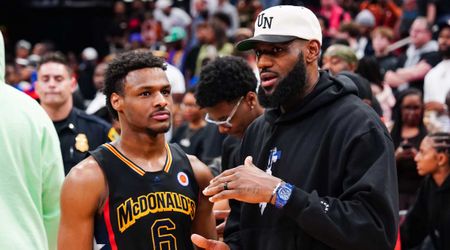Tennis player Reese Brantmeier files lawsuit against NCAA regulation preventing athletes from receiving prize money
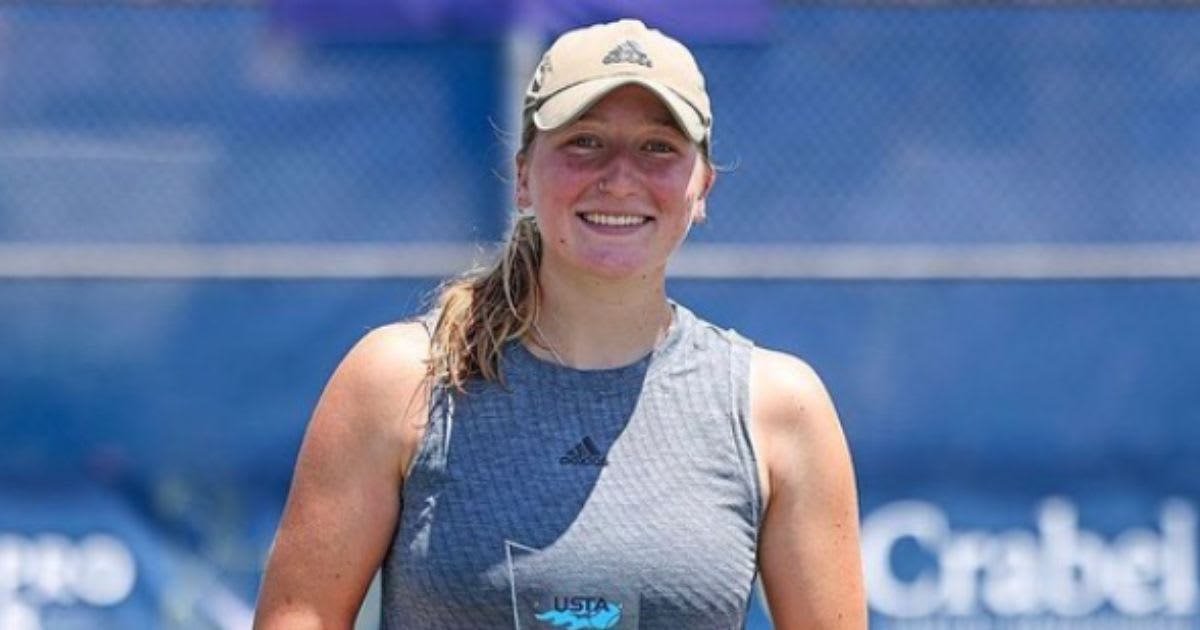
RALEIGH, NORTH CAROLINA: Top-ranked US tennis player Reese Brantmeier filed a lawsuit against the National Collegiate Athletic Association (NCAA) in federal court in North Carolina, claiming that the association limits the prize money that college athletes can win from competitions held outside of their schools.
The University of North Carolina's distinctive player Brantmeier filed a proposed class action lawsuit on Monday, March 18. The case seeks damages and a court order to overturn the restrictions placed by the university athletic governing body on remuneration for athletic achievement, per Reuters.
Reese Brantmeier takes legal action against NCAA regulations
NCAA regulations state that elite college football players and other athletes are eligible to get large sums of money in exchange for signing autographs, having their picture used in commercials, and other benefits under current NIL (name, image, and likeness) policies.
However, some athletes compete in individual sports where a reward pool frequently refers to a specific competition or event.
College tennis players are now not allowed to claim their winnings if they are given money for winning a tournament. This law also applies to gymnasts, swimmers, and other athletes.
Star tennis player Reese Brantmeier of the North Carolina Tar Heels, however, is fighting back against the regulations that have probably cost her tens of thousands of dollars.
By the time Brantmeier entered professional tennis events at the age of 14, she was obliged to start skipping payments, per Fox News.
View this post on Instagram
Her eligibility to attend college might have been compromised by collecting fees. In February, Brantmeier sustained a season-ending injury. She recently added her name to the increasing list of athletes who disagree with the NCAA's NIL policy.
The lawsuit stated: "Over the last three years, tens of millions of dollars have flowed with the NCAA’s knowledge and acquiescence, to mostly male student-athletes in the Power Conferences from third-party, booster-funded and operated collectives that are associated with virtually all NCAA FBS-level athletic departments and which sprung up in 2021 in the wake of the NCAA’s temporary suspension of its rules prohibiting name, image and likeness payments."
"While these tens of millions of dollars have been paid to student-athletes under the guise of acquiring rights to utilize their NIL, the vast majority of the money is in reality ‘pay-for-play’ compensation to student-athletes that has little or no relation to the actual market value for the supposed NIL services that the student-athletes must provide ‘in exchange’ for that compensation."
View this post on Instagram
According to her complaint, Brantmeier was forced to give up the majority of her $48,913 in prize money from the 2021 US Open due to an NCAA policy that penalizes prize money won both before and during college.
The NCAA even compelled her to skip the autumn 2022 NCAA tournament because they had doubts about some of the costs she had claimed for the same event, per USA Today.
NCAA sued over prize-money limitations on collegiate athletes
According to the lawsuit, the NCAA is breaking American antitrust laws by capping the amount of money that athletes can be paid in tournaments and other non-NCAA competitions, such as the US Tennis Association's events.
College athletes are permitted to compete in non-NCAA competitions, but under the organization's regulations, they are only permitted to accept awards that are "actual and necessary expenses."
The lawsuit further stated that the NCAA "should be working to support and encourage student-athletes in individual sports to compete in the highest and most prestigious competitions in their respective sports, including non-NCAA events."
The US District Court in North Carolina received the lawsuit against the NCAA, asking the court to order the organization to cease deducting players' earnings from participation in individual sports.
A request for comment was not immediately answered by the NCAA. In a statement released on Tuesday, March 19, Brantmeier's lawyer said, "Reese does not seek money but aims to eliminate the NCAA’s illegal and arbitrary restrictions."



